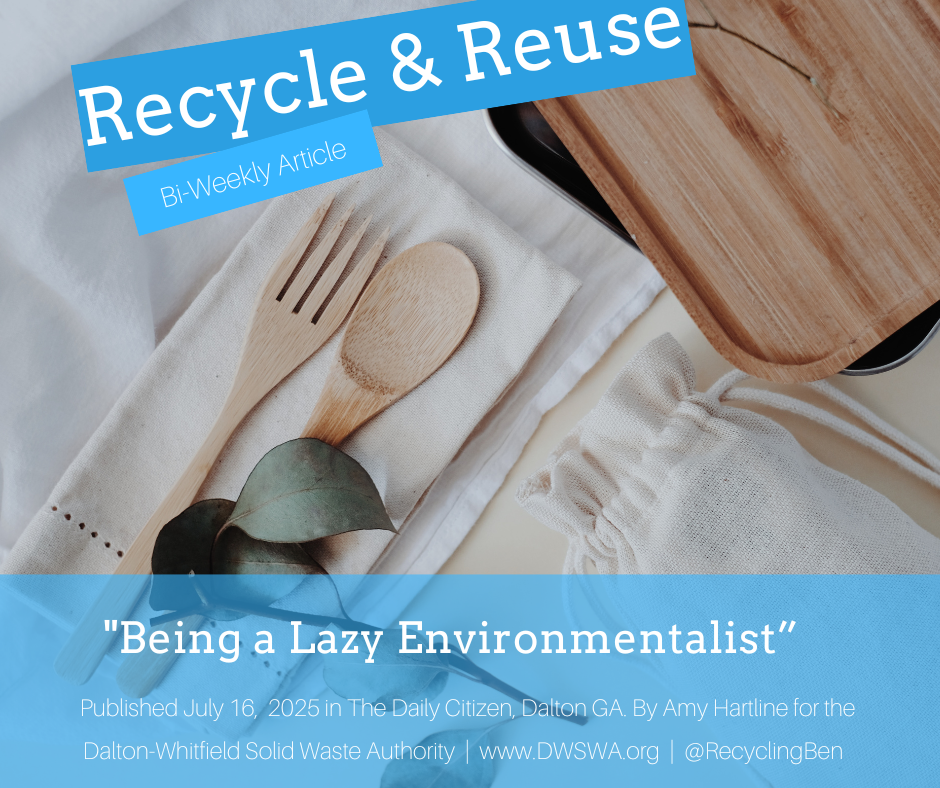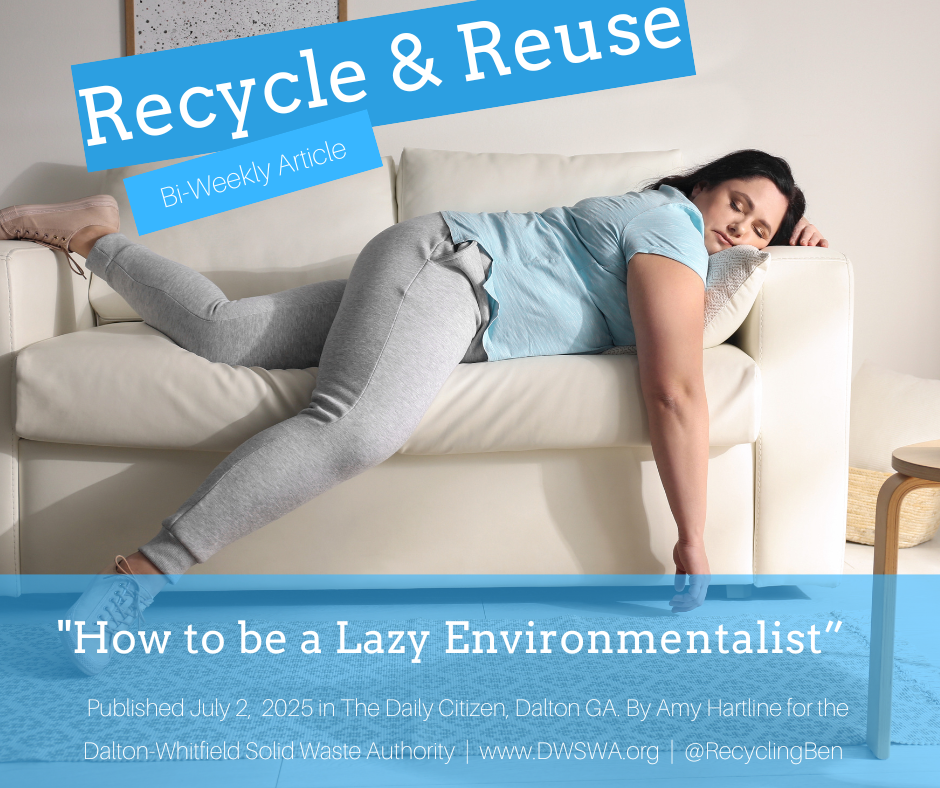Create Safe Roads by Securing Your Loads
/In just a couple weeks, we will recognize National Secure Your Load Day. While not as exciting as “Talk Like a Pirate Day” or “National Donut Day,” which comes only two days before, National Secure Your Load Day is important for our roads and our health. Accidents from debris falling out of truck beds or out of SUVs with insecure loads can lead to injury and in some cases even death.
In 2016, a three-car accident happened close to home on I-75 in Ringgold. The accident was caused by a mattress and box spring coming loose and sliding off a vehicle and onto the interstate. As vehicles swerved to avoid hitting the items, they ended up hitting each other.
Luckily, this case did not lead to any sustained injuries, but that is not always the case. In 2013, The Atlanta Journal Constitution covered a wreck on I-285 where an unsecure ladder in a truck fell onto the road and caused a fatal crash. These stories and others like it led to the creation of National Secure Your Load Day to focus on educating residents to the risks of unsecured loads.
Debris, or litter, on roads in America can causes over 200,000 crashes and results in around 39,000 injuries and 500 deaths in the span of three years. Two thirds of those crashes are due to unsecured loads and improper maintenance. If we each take an extra ten minutes to make sure our loads are secured, we can save a life and never realize it.
There are a lot of options for securing your load. For example, you can put your trash and recyclables in bags in a truck bed and then cover it with a plastic tarp or cargo netting. If you’ve got a habit of throwing your left-over fast-food packaging or pieces of trash by themselves in your truck bed, secure a 5-gallon bucket with a lid in the corner and start using it for your trash while on the go.
Here are six tips from the Dalton-Whitfield Solid Waste Authority’s webpage about securing your load at www.dwswa.org/secure-your-load.
• Tie it Down: Large or heavy items should be firmly secured with solid straps, rope, bungee cords, or netting. Tie large items directly to your vehicle. Small string is not adequate – tie down materials must be able to withstand the wind loads of 70 mph on the freeway. A lot of people are not aware that at 70 mph, that wind is providing about a 20-pound-per-square-foot push on those loads, which can dislodge those loads and push them right off your vehicle.
• Cover it Up: For loose, lighter items such as tree clippings, a sturdy plastic or canvas tarp or netting can be used to keep items in place. Tie the tarp securely, or it might become road debris as well.
• Lighter Goes Lower: Put lighter weight things at the bottom of the load and make sure they are secure. Evenly distribute the load to prevent it from sliding.
• Don’t Overload: Keep material level with truck bed or trailer unless tied down, netted or tarped. Materials below the truck bed should also be secured if there’s any chance of them blowing out or falling from the vehicle.
• Double-Check: Double check your load to make sure it is secure at the back and on the sides and top. Remember that loads can move and settle during a journey, allowing restraints to loosen. If possible, recheck restraints shortly after beginning your trip.
• Ask Yourself: Is there any chance of debris falling or blowing out of my vehicle? Would I feel safe if I were driving behind MY vehicle? What would happen to MY load if I had to brake suddenly or if I hit a bump?
Taking the time to secure your load before you hit the road protects people on the road with you and helps our community stay clean and beautiful. This National Secure Your Load Day celebrate by making sure you have all the right tools to secure every load you carry.
Amy Hartline is the recycling and education program coordinator for the Dalton-Whitfield Solid Waste Authority. Have a recycling question? Contact her at (706) 278-5001 or ahartline@dwswa.org.
































